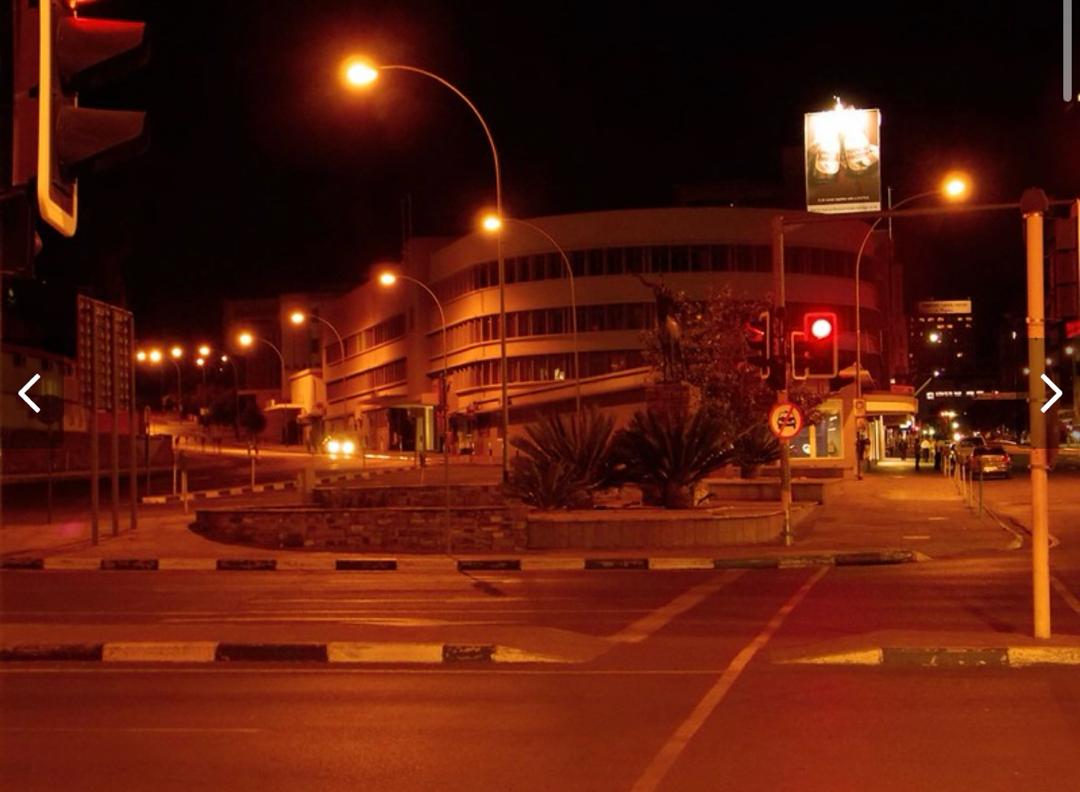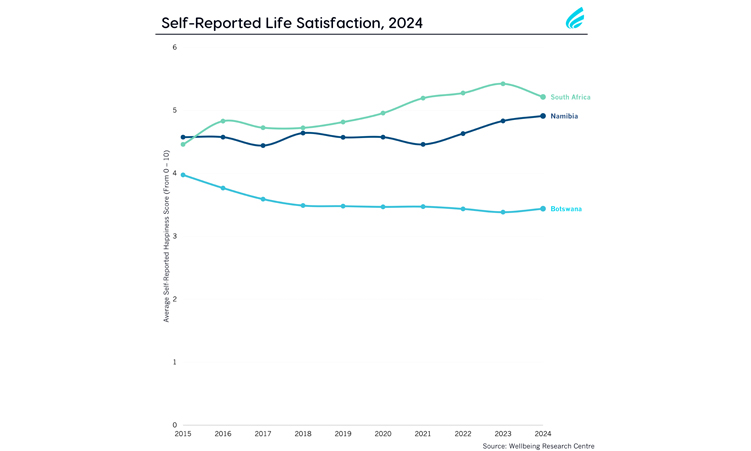FORMER and current members of the Roessing Pension Fund (RPF) who are claiming a share in the fund’s surplus – believed to be in excess of N$450 million – are mistaken, since the surplus belongs to the fund.
During an interview with The Namibian, Namfisa’s Pension Funds Manager, Eben de Klerk, said there was currently no legislative framework governing the process of surplus distribution and all decisions in this regard are made by the fund’s trustees. Namfisa could not intervene in these decisions, he said.He said it was a cause for concern that pressure groups were urging former and current members to demand a cut of the surplus, which, according to him, was the wrong approach.He said a possible lack of communication between the trustees and the former and current members might have contributed to the problem.”We stepped in, believing in a free and equitable distribution of the surplus, with the impression that the trustees had already made a decision to distribute the surplus in a certain manner, but after some consultations with them, it proved otherwise,” he said.He explained that the pension fund was a defined benefit scheme where Roessing as employer carried the risk.”A surplus like this should not be regarded as a problem per se,” De Klerk said.”It indeed shows the success of the fund’s investment policies.”He said because of the surplus, Roessing decided to go on a “contribution holiday” in 1992, which meant that neither employees nor the employer had to contribute anything to the fund due to its healthy state.The surplus grew even more regardless of the holiday.”The pension fund is part of an employment package and an employee’s terms and conditions.The employees are also guaranteed that they will enjoy a pension after they stop working for Roessing,” he said.”They would be guaranteed a pension even if the fund became insolvent, because the employer in a defined benefit fund will have to stand in for any shortfall.”He said due to volatile economic conditions, the value of equity prices could drop substantially and to ensure that there is enough to pay the pensions, the surplus becomes the only protection mechanism for retirees.De Klerk gave the South African example where the surpluses in funds were estimated at N$80 billion before the process of forced distribution was undertaken in 2002, but within a few years the surpluses were actually established to be closer to N$12 billion due to the substantial decline in the values of equities after the September 11 terrorist attacks on the World Trade Centre.If the defined benefit funds for example had distributed R80 billion believed to be in surpluses before 9/11, they could have found themselves in shortfall soon thereafter.The Johannesburg Stock Exchange has seen a decline of about 20 per cent on its All Share Index since October 2007 and this could similarly affect the value of surpluses in Namibia.These are factors that trustees must take into account before they decide on distributing surpluses in a defined benefit fund.According to him, there is legislation being drafted for the whole spectrum of financial services in Namibia, and the South African legislation was being used as model.He said Namfisa was advised by a South African expert in pension fund law at a conference held in Windhoek last week that the South African model caused serious problems – and in at least one instance was even found unconstitutional.These problems need to be addressed locally, and therefore a consultative process will start shortly.Former employees of Roessing Uranium are however now challenging the mine’s pension fund to pay out the surplus, and The Namibian has received many queries from former and current members as to when they would get their share.According to them, the shares are morally, legally and rightfully theirs, as contributors to the fund.Namfisa could not intervene in these decisions, he said.He said it was a cause for concern that pressure groups were urging former and current members to demand a cut of the surplus, which, according to him, was the wrong approach.He said a possible lack of communication between the trustees and the former and current members might have contributed to the problem.”We stepped in, believing in a free and equitable distribution of the surplus, with the impression that the trustees had already made a decision to distribute the surplus in a certain manner, but after some consultations with them, it proved otherwise,” he said.He explained that the pension fund was a defined benefit scheme where Roessing as employer carried the risk.”A surplus like this should not be regarded as a problem per se,” De Klerk said.”It indeed shows the success of the fund’s investment policies.”He said because of the surplus, Roessing decided to go on a “contribution holiday” in 1992, which meant that neither employees nor the employer had to contribute anything to the fund due to its healthy state.The surplus grew even more regardless of the holiday.”The pension fund is part of an employment package and an employee’s terms and conditions.The employees are also guaranteed that they will enjoy a pension after they stop working for Roessing,” he said.”They would be guaranteed a pension even if the fund became insolvent, because the employer in a defined benefit fund will have to stand in for any shortfall.”He said due to volatile economic conditions, the value of equity prices could drop substantially and to ensure that there is enough to pay the pensions, the surplus becomes the only protection mechanism for retirees.De Klerk gave the South African example where the surpluses in funds were estimated at N$80 billion before the process of forced distribution was undertaken in 2002, but within a few years the surpluses were actually established to be closer to N$12 billion due to the substantial decline in the values of equities after the September 11 terrorist attacks on the World Trade Centre.If the defined benefit funds for example had distributed R80 billion believed to be in surpluses before 9/11, they could have found themselves in shortfall soon thereafter.The Johannesburg Stock Exchange has seen a decline of about 20 per cent on its All Share Index since October 2007 and this could similarly affect the value of surpluses in Namibia.These are factors that trustees must take into account before they decide on distributing surpluses in a defined benefit fund.According to him, there is legislation being drafted for the whole spectrum of financial services in Namibia, and the South African legislation was being used as model.He said Namfisa was advised by a South African expert in pension fund law at a conference held in Windhoek last week that the South African model caused serious problems – and in at least one instance was even found unconstitutional.These problems need to be addressed locally, and therefore a consultative process will start shortly.Former employees of Roessing Uranium are however now challenging the mine’s pension fund to pay out the surplus, and The Namibian has received many queries from former and current members as to when they would get their share.According to them, the shares are morally, legally and rightfully theirs, as contributors to the fund.
Stay informed with The Namibian – your source for credible journalism. Get in-depth reporting and opinions for
only N$85 a month. Invest in journalism, invest in democracy –
Subscribe Now!










